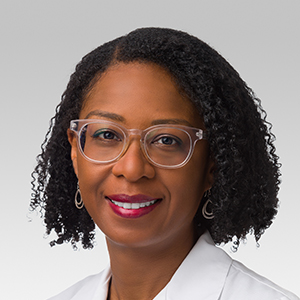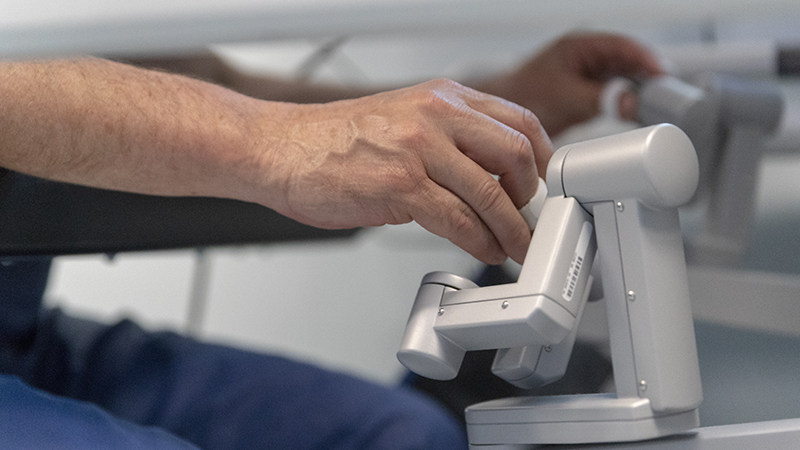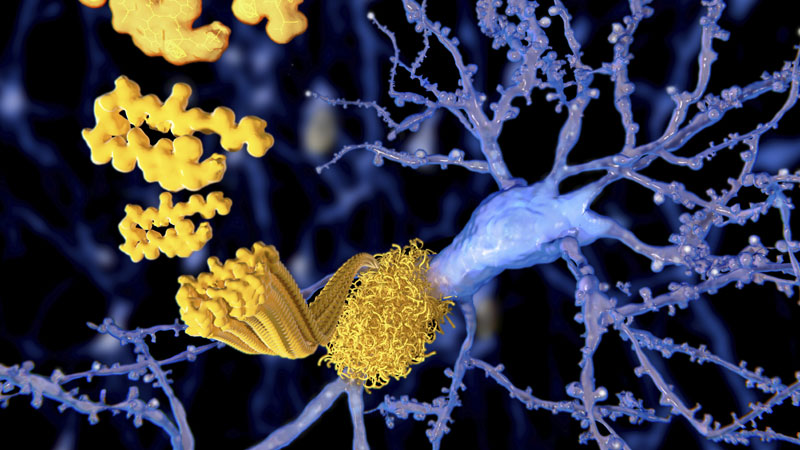A Northwestern Medicine Program Aims to Address Disparities in Transplant Access
The Program’s Founding Director Shares Their Approach
Published February 2024
Disclaimer: This podcast does not substitute for medical advice from a clinician.
About this Episode
Black people are the largest minority group in need of an organ transplant, according to the U.S. Department of Health and Human Services. In 2019, Northwestern Medicine launched the African American Transplant Access Program (AATAP) to help address this issue. Dinee C. Simpson, MD, founding director of the AATAP, talks about the barriers to organ transplant that Black patients often face. Dr. Simpson also discusses how the AATAP is working to address those barriers in Chicago through innovative outreach, community-engaged research and more.
"Once the program had been in place for about a year, we saw a 55% increase in evaluations of Black patients and an 18% increase in listings (for a transplant). The program is very much in demand."
— Dinee Simpson, MD
Director, Northwestern Medicine African American Transplant Access Program
Featured Guest Expert

Episode Notes
In this Breakthroughs podcast episode, Dinee Simpson, MD, talks about her path to Northwestern Medicine and her decision to focus on transplant surgery. Dr. Simpson is one of nine Black female transplant surgeons in the U.S. When she meets Black patients in the transplant clinic, they often tell her she is the first Black physician they've ever seen.
As a resident, Dr. Simpson realized the many barriers Black patients face when they need a transplant. From early in her training, she dreamed of creating a program that would address these barriers. In 2019, the Northwestern Medicine Organ Transplant Center invited her to start the Northwestern Medicine African American Transplant Access Program (AATAP), the first program of its kind in the country.
Dr. Simpson covers:
- The benefits of a kidney transplant compared to dialysis
- Barriers to transplant access that Black people often face
- Distrust in healthcare systems as a key issue that the AATAP can work to address
- The supportive services at AATAP, such as a health literacy coach and a dedicated social worker
- Community-engaged health equity research to address access to healthy food in Chicago's predominantly Black neighborhoods






